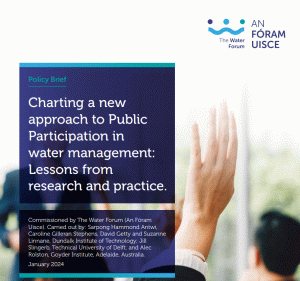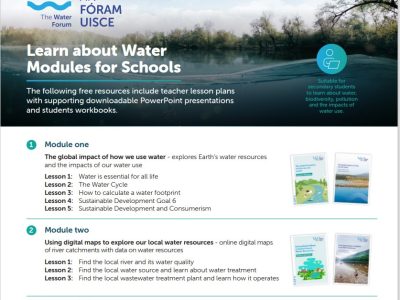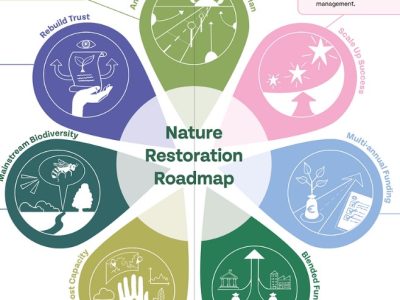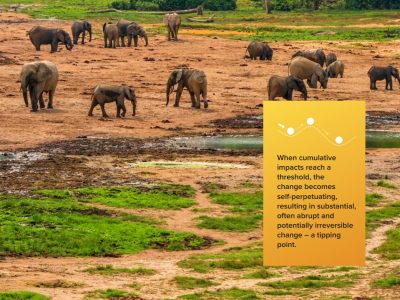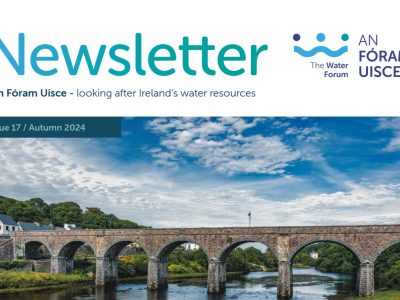The Water Forum commissioned research to: Review of best practices (National and International) in public participation in environmental management, with policy recommendations for the protection and restoration of water bodies. Based on this research the researchers have developed a policy recommendations brief for Charting a new approach to public participation in water management that has now been made available on this website.
A case study review of international and national practice focused on two themes of the Aarhus Convention: access to environmental information and public participation in environmental decision making. The researchers also carried out qualitative research through interviews with 20 national and 10 international stakeholders (people involved directly in public participation in water management), carried out a Strengths, Weaknesses, Opportunities and Threats (SCOT) analysis and they used the International Association of Public Participation spectrum to define the results.
The recommendations include the need for:
- Integrated governance and a streamlined cross-sectoral approach to public participation
- Improved communication that includes social media, mobile applications and centralised data
- Increased training and professional development for all participants
- Monitoring, assessment and evaluation of public participation activities
- Greater funding for action plans that prioritise the participatory process
- Active programmes to enhance diversity and inclusion in decision making
- Include social science research to help deliver outcomes
- Catchment Community For a could learn from international examples such as the Dutch Water Board
Research Report: A review of best practice in public participation for environmental management
Research Policy Brief: Charting a new approach to public participation in water management
